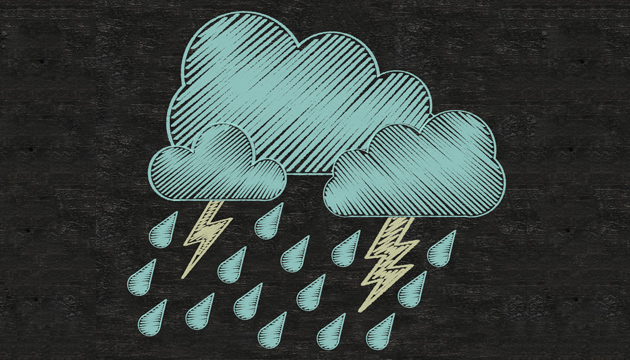Cost Cutting or Revenue Generating: How Should Small Businesses Deal With Recession?


Will you do us the honor and join our team of authors?
To write for the SohoBlog, contact us at [email protected]
(Shakespearean prose not required.)

We all know the story about the grasshopper that spent the warm summer resting and singing while the ant was working hard to prepare for winter. When the first cold arrived, the grasshopper was left hungry while the ant was satisfied. That tale’s moral lesson teaches the virtues of hard work and planning for the future. Unfortunately, some events cannot be planned for. The 2008 economic downturn was a black swan; a high-magnitude, low-frequency event that cannot be predicted and therefore cannot be prepared for. With that said, business owners can definitely react actively in order to minimize the effect the recession has on their businesses.
Research conducted by John Kitching and his colleagues from Kingston University’s Small Business Research Centre aimed to check how reacting to the recession in 2008–2009 has affected small businesses’ performance in 2010–2011. The researchers defined two possible ways SME owners can respond to recession: The first is to cut costs in order to maintain survival in the short run at the risk of reducing their capacity to adjust sufficiently when recovery comes. The second is generating revenue by maintaining greater capacity, incurring higher costs in the short run in order to retain the capability to take on opportunities for long-term value creation when the upturn comes. The research aimed to answer the question of whether, and how, actions taken during recession influence performance in the following years. Researchers surveyed and interviewed 250 SME owners from various industries active in the UK.
Unfortunately, the conclusions of this research are not clear cut. I wish I could share with you the ultimate way SMEs should tackle recession but, I guess unsurprisingly, there isn’t one. However, there are still things that can be learned.
First, what proves successful in one context might not do so in another. Performance is not simply a consequence of the actions businesses take; environmental circumstances, including products, labor, and capital market conditions facilitate or hinder performance.
Second, attempts to increase business revenue are often likely to require considerable long-term planning, whereas cost cutting might be a one-off or low-risk adjustment. Cost cutting may be perceived as the easier no-brainer route. Revenue generating, on the other hand, requires investing the limited resources available with great thought and creativity. While cost cutting is sometimes effective, in other situations making investments and taking risks is what’s needed to improve performance in post-recession years.
Third, the researchers identified that market and product diversifications have been the most successful forms of adaptation. Market or product diversification usually involves selling the same product, or one with minor alterations, to a new, or wider, client base. This could be harder in industries such as finance and real estate; small businesses should do their best to avoid dependency upon a now-dwindling group of potential buyers. They need to open their minds and explore ways to expand market and product portfolio to answer changing needs and values of their old and new customers.
Again we are confronted with reality; there is no crystal ball that can help business owners decide which strategy to implement when facing recession. However, this research does show us that coming out of recession as a winner requires creativity, mindfulness, and risk taking.
Based on: Kitching, John, et al. “Adapting to a Fragile Recovery: SME Responses to Recession and Post-Recession Performance.” Small Business Research Center, Kingston University. 2011. Web. 5 September 2012.
|
|
|